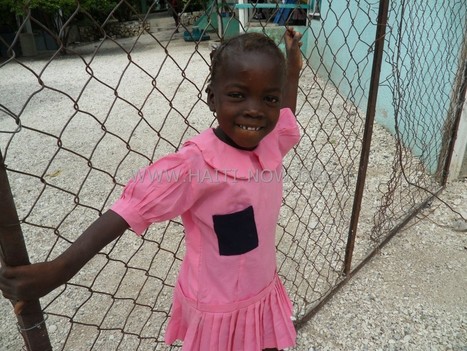Parents in dire economic straights give their children away as a means of coping with their poverty. Parents see child placements as an opportunity for social mobility for the child and the family. They believe working as a domestic servant in the city at least increases the child’s opportunity to access education and other services rather than living in the impoverished family home with no chance for advancement.
Moreover, other collateral consequences and causes of poverty such as the lack of proper maternal health, large family size, reduced paternal responsibility, unemployment, classism, lack of parental education, and cultural acceptance perpetuate the restavèk system.
Haitian culture allows for the distinction between one’s own child and the child of another. As one Haitian Creole proverb states Lè w’ap benyen pitit moun, lave yon bò, kite yon bò, when you bathe someone else’s child, wash one side, leave the other side unwashed.
Most host families do not even see restavèk as children. Host families recognize that without their benevolence the restavèk child most likely would have to live on the street without food or shelter; therefore, they rationalize the practice of restavèk as beneficial and generous.
